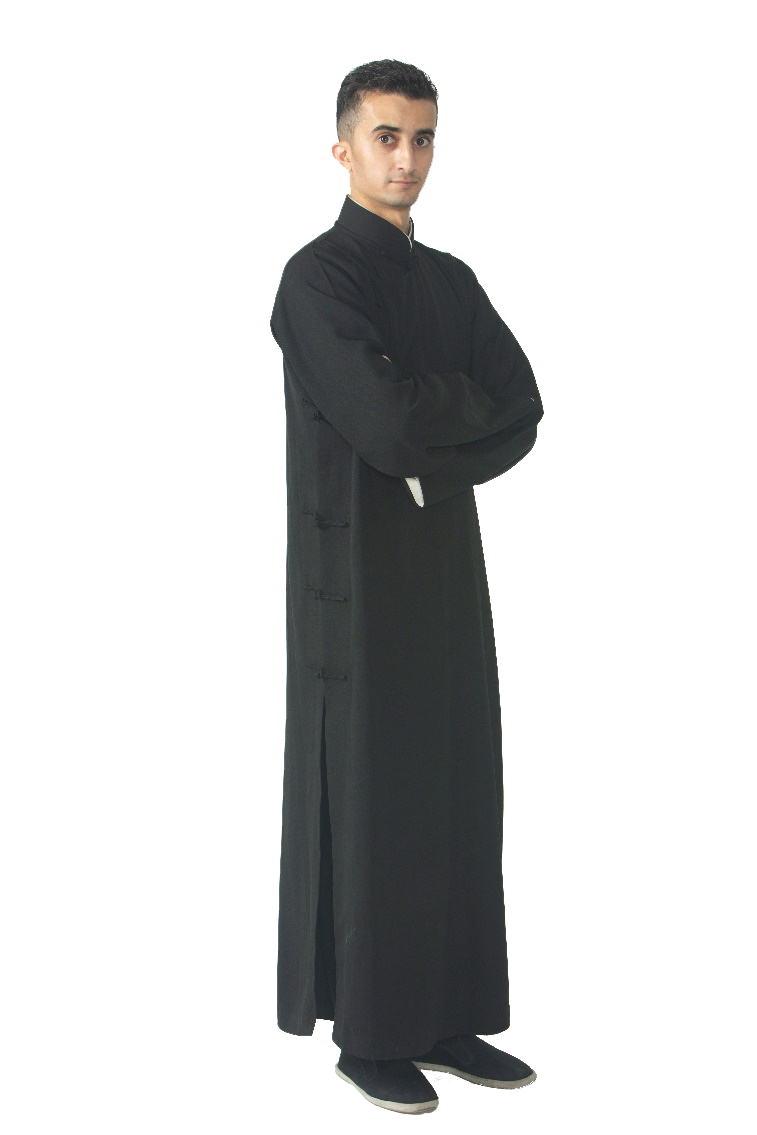Talk of the town

On the street in Hangzhou, the capital of East China's Zhejiang province, many pedestrians turned to the foreigner in surprise as he started speaking fluently and rapidly: he was practicing local Chinese tongue twisters, with each repetition louder and louder.
It was a common encounter with Musab Al Rudaisat, 30, an Arab apprentice of Chinese cross-talk or xiangsheng, the traditional comedic act that can be performed in a dialogue between two performers or as a solo monologue.

Musab grew up in Jordan and is a graduating medical PhD student at Zhejiang University in Hangzhou. He came to China to pursue his studies in 2011 and has spent most of his time in the country since. Musab has been one of the leading comedians in the city's Kailehui Cross-talk Club for five years. The club performs traditional cross-talk comedy shows at multiple locations throughout the city.
Xiangsheng can be traced to the Ming Dynasty (1368-1644) and can comprise a lead speaker (dougen) who delivers punchlines and jokes and a supportive role (penggen) who reacts to the lead speaker's words. Unlike Western stand-up comedy, which often relies on disconnected one-liners and random stories, Chinese cross-talk presents a coherent, developing storyline with a beginning and end. It also incorporates linguistic devices such as puns, cultural references, dialect usage and other language-based humor, reflecting Chinese history and everyday life.
Motivated by his enthusiasm for understanding Chinese culture and the language, Musab watched countless Chinese reality shows to practice his Mandarin skills.
Journey to fluency
"My interest in learning Chinese began when I was still in Jordan," Musab said. When he arrived in China for his studies, he soon began to practice his Chinese speaking skills whenever he had the chance.
"Although I spend most of my weekdays in and outside the hospital and medical school, I would try to speak and practice simple, mundane Chinese vocabulary everywhere, like in the supermarkets, on public transportation or inside my dorm room with my Chinese roommates," Musab said, adding that he acquired online dictionaries and listened to his recordings to establish his linguistic intuition and learn Chinese dialect phrases.
Deciding to improve his Chinese skills further and deepen his knowledge of Chinese culture, Musab joined the Kailehui Cross-talk Club in 2018. He often practiced pronouncing vocabulary, short phrases and sentences before sending recordings to his Chinese partners and teachers to seek corrections and ideas for improvements, even very late at night.
























